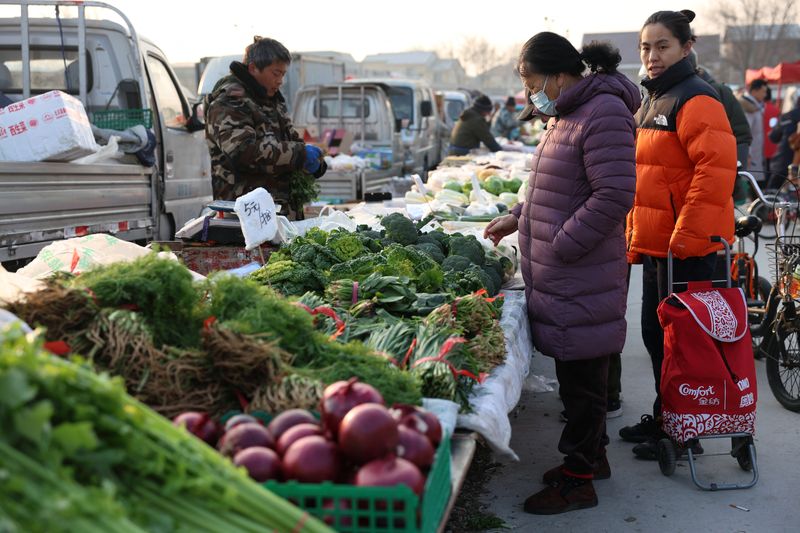In September, China experienced an unexpected easing of consumer inflation alongside a deepening deflation in producer prices, creating heightened urgency for the government to consider more stimulus measures to revitalize its economy. Finance Minister Lan Foan highlighted in a recent press conference that additional “counter-cyclical measures” are on the way, but left investors in suspense regarding the specifics of these fiscal stimulus initiatives and their implementation timelines. This announcement was particularly timely given that the Consumer Price Index (CPI) rose merely 0.4% year-on-year, marking the slowest rate seen in three months and falling short of expectations that predicted a 0.6% increase. Meanwhile, the Producer Price Index (PPI) saw a significant drop of 2.8% versus the previous month’s decline of 1.8%, underscoring growing deflationary trends.
Analysts believe that the pressures of deflation are being exacerbated by persistently weak domestic demand. Zhiwei Zhang, Chief Economist at Pinpoint Asset Management, affirmed that a shift in fiscal policies is essential to address these challenges. Recently, the Chinese government has been actively working on various stimulus initiatives aimed at bolstering demand and achieving the targeted economic growth of approximately 5% for this fiscal year. However, the measures adopted thus far may offer only a temporary fix. Some experts caution that without stronger, more decisive actions soon, the economic weaknesses faced may persist into the coming year.
One significant development in September was the central bank’s announcement of its most assertive monetary support measures since the onset of the COVID-19 pandemic. These included a series of initiatives aimed at stimulating the struggling property sector, notably through reductions in mortgage rates. Investors and analysts are optimistic that an upcoming session of China’s parliament might unfold additional specific proposals that could further enhance economic support efforts. Zhang emphasized the importance of the scale of any fiscal stimulus package, arguing for urgent actions to prevent deflationary expectations from solidifying in the economy.
Despite these immediate challenges, many experts argue that the Chinese government must also confront more underlying structural issues, such as industrial overcapacity and stagnating consumption. These deep-rooted problems have led to excessive domestic investments and diminished demand, resulting in falling prices across several sectors. As a consequence, many companies have resorted to slashing wages or undertaking layoffs to manage rising costs, which in turn dampens consumer confidence and spending.
The core inflation rate, which omits volatile food and energy prices, also reflects concerning trends. In September, core inflation slipped to 0.1%, down from 0.3% in August, indicating an absence of price uplift momentum, which has lingered below 1 percent for an uninterrupted period of 20 months. This extended low core inflation suggests a critical need for measures to stimulate consumption and revive consumer behavior. Experts have called for comprehensive fiscal and monetary policies that can sustainably rekindle economic activity and enthusiasm among consumers, rather than relying solely on short-term fixes.
In terms of specific price dynamics, the CPI showed no month-on-month change, contrasting with the previous month’s increase of 0.4%. Food prices saw a notable uptick, rising 3.3% year-on-year in September, compared to a 2.8% increase in August. However, non-food items exhibited a reverse trend, with a slight decrease of 0.2%. A deepening decline was also observed in energy prices, with tourism costs reflecting a similar downturn, attributed to increased airfares and accommodation sectors experiencing widening losses. This overall scenario paints a complex picture of China’s current economic landscape, emphasizing the need for comprehensive discussions and actions from the authorities to effectively address the multifaceted challenges facing the world’s second-largest economy.

